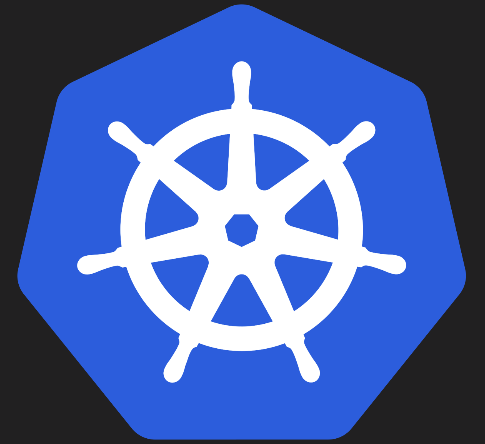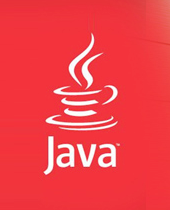To connect from a Kubernetes pod to a Google Cloud Storage (GCS) bucket using JavaScript, you need to follow these steps: 3. Configure your Kubernetes Pod to use the Secret: In this YAML: 4. Install the Google Cloud Storage client library: 5. Use the Google Cloud Storage client in your JavaScript code: 6. Deploy your application to Kubernetes: 7. Access […]
Easiest way to run an LLM locally on your Mac
I recently sought an efficient method for local experimentation with Language Model (LM) models and came across LM Studio. LM Studio offers a user-friendly platform that facilitates the exploration of various LLM models through its graphical user interface (UI). The installation process for LM Studio on macOS is straightforward and user-friendly. Simply navigate to the LM Studio website and locate […]
EKS cluster using an existing VPC
The eksctl command line tool can create a cluster by either command-line options or using a eksctl config file to define the infrastructure. The default method to provision EKS with this tool is to create both the VPC and EKS that uses VPC, but this is not as flexible. But what if you already created VPC for your network, below is one […]
kubectl Unable to connect to the server
When working with Kubernetes if you are getting Unable to conntect to server timeout like below mandarshinde@MacBook-Pro cloud-native % kubectl cluster-info dump Unable to connect to the server: dial tcp 31.117.131.267:443: i/o timeout Get current cluster name and Zone: gcloud container clusters list Configure Kubernetes to use your current cluster: gcloud container clusters get-credentials [cluster name] –zone [zone] Let's Share
Lucidworks Spell Correction
We need to update few configuration for spell check to work in Lucidworks Fusion. This blog outline the changes need to made to show spell suggestion on AppStudio application. Update RequestHandler to use “spellcheck” search component. Add below lines to “/select” RequestHandler within “<lst name=”defaults”>” Once done update platform “fusion.conf” which is at location “<app-studio>/src/main/resources/conf/message/service/fusion.conf” and add below lines Update […]
Automatic Phrasing Token Filter in Lucidworks Fusion
How do we inject capability to detect and tokenize phrases using Automatic Phrazing Token Filter in Fusion? Well below are the details on how to do it. Configuration Settings: 1. Using this github create your jar. [https://github.com/lucidworks/auto-phrase-tokenfilter]. Copy JAR [“auto-phrase-tokenfilter-1.0.jar”] to solrLocation to copy JAR “/opt/fusion/<version>/apps/solr-dist/dist” 2. Update solr config.xml Add lib reference 3. Add a new text file “autophrases.txt” […]
New Update iOS 8.1.3
Apple sends out new update today. iOS 8.1.3 with 246MB Let's Share
JAVA Environment Variables
Once JAVA is installed, our second step is to set environment variables PATH, CLASSPATH and JAVA_HOME for compiling and running of Java applications. PATH (For Windows Users) When we launch any java program from command prompt, operating system use PATH environment variable to locate executable programs. PATH maintains a list of directories for searching executable programs such as “.exe”, “.bat” or “.com”. […]
Elasticsearch Basics
At the core of elasticsearch’s intelligent search engine is Lucene. It’s highly scalable, real-time search, distributed and analytics and is natively JSON + REST API. In this tutorial we’ll look at some components and features of Elasticsearch. Cluster A cluster is a collection of one or more nodes that together holds your entire data and provides federated indexing and search capabilities across all nodes. […]
Elasticsearch Getting Started
Highly scalable, real-time search, distributed and analytics open source search engine build on top of Lucene and is natively JSON + REST API. In this tutorial we’ll look at some of the key concepts when getting started with Elasticsearch [ES]. Key Points Open Source Based on Lucene RESTful API Highly configurable Runs on the JVM Data exploration Distributed: Cluster, fail over, replication, […]








